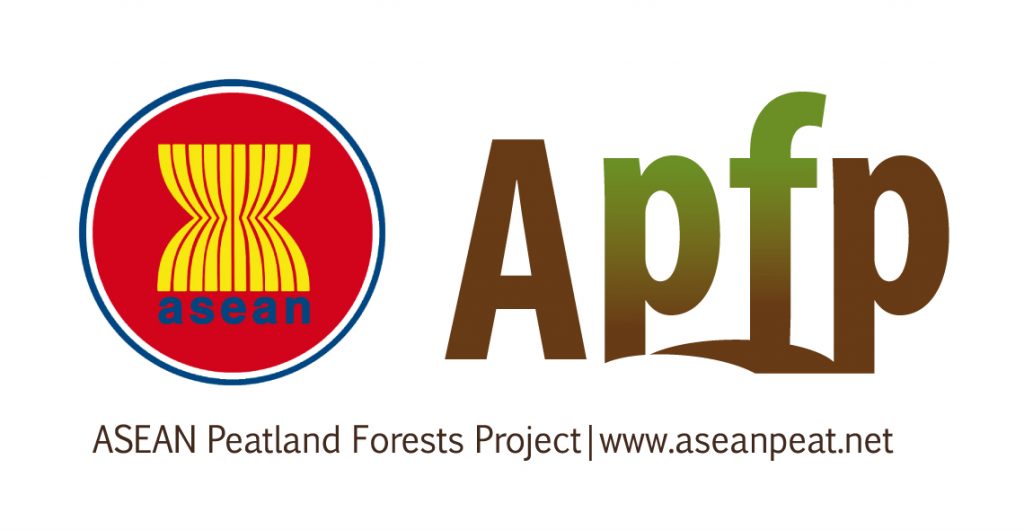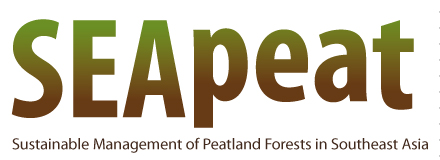ASEAN Peatland Forests Project (APFP)
July 2009 – December 2014

ASEAN Peatland Forests Project (APFP) funded by Global Environment Facility (GEF) & International Fund for Agricultural Development (IFAD) and executed for four years (July 2009 – December 2014). The country involved in the project in Malaysia, Indonesia, the Philippines, Viet Nam, Brunei Darussalam, and Singapore.
The project aims to demonstrate, implement, and scale up the sustainable management and rehabilitation of peatland forests in Southeast Asia. It fits within the framework of the ASEAN Peatland Management Initiative (APMI) and directly supports the ASEAN Peatland Management Strategy (APMS) and associated National Action Plans on Peatlands (NAPs).
The project want to tackle barriers and root causes that prevent sustainable peatland management while, at the same time, delivers tangible environmental benefits, reduces peat fires and associated transboundary haze pollution by focus on:
- Strengthening institutional capacity and framework;
- Reducing the rate of degradation on peatlands in Southeast Asia;
- Demonstrating integrated management and rehabilitation of peatlands at target sites; and
- Engaging the private sector and local communities in sustainable peatland management.
Sustainable Management of Peatland Forests in Southeast Asia (SEApeat)
December 2010 – June 2015

Sustainable Management of Peatland Forests in Southeast Asia (SEApeat) project funded by European Union, the project was executed for four-year (December 2010 – June 2015). The project focuses on reducing deforestation and degradation of peatland forests in Southeast Asia by strengthening governance and developing incentives to promote their integrated management, sustain local livelihoods, reduce greenhouse gases (GHG) emissions and conserve biodiversity.
Herewith the objectives of the project among others:
- To improve the capacity of selected ASEAN countries for effective governance and protection of peatland forests through the development and implementation of National Action Plans for Peatlands (NAPs) and the development of incentives through pilot activities at local level, and
- To strengthen regional cooperation for implementation of the ASEAN Peatland Management Strategy (2006-2020) to reduce peatland forest degradation, support the development of regional and international policies on sustainable peatland forest management and minimize peatland forest degradation and GHG emissions.
The executing partners for this project are Cambodia, Lao PDR, Indonesia, Malaysia, Myanmar, Philippines, Thailand, Viet Nam, and other ASEAN countries. The project targeted the government policy makers and land use planners of ASEAN Member States at national, sub-national and local levels responsible for peatland and other forest management; managers of peatland resources and forests; peatland forest-dependent local people; and communities living in and adjacent to fire-prone/degraded peatland areas. Main Implementation Activities:
- Capacity building for peat forest assessments and support implementation of NAPs;
- Testing/demonstration of incentives mechanisms that have reduced peatland forest degradation;
- Establish a system to predict peat fire and monitor degradation in fire prone peatland forests and pilot activities to reduce these fires;
- Plan guidance for climate change funding mechanism for reduction of peatland deforestation and degradation; and
- Collate, develop, and disseminate guidelines for integrated planning for sustainable peatland management including buffer zone and catchment protection, community livelihood options and for responsible management of existing oil palm and forest plantation on peatlands.








